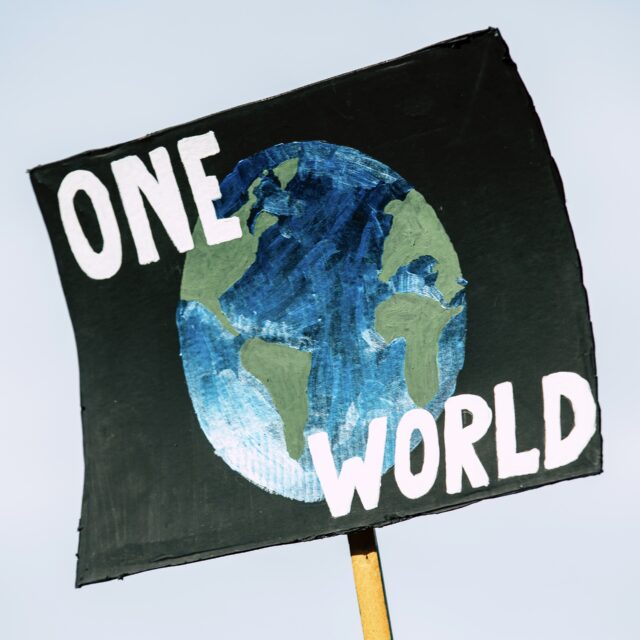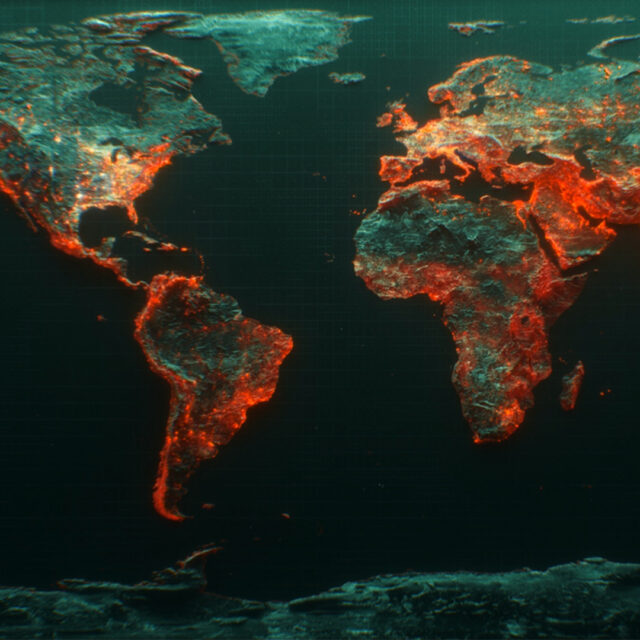Harriet Walton is an Emergency Medicine Nurse at University College Hospital, London. We interviewed her as part of our #PassTheMic campaign.
Here’s some of what she had to say.
I work in an emergency department in central London so, as you can imagine, we get patients from all over the world.
In the UK we are extremely fortunate to have the National Health Service (NHS), and it should never be taken for granted. We have one of the best health systems in the world.
At the beginning of this pandemic, I went to Cambodia to help for a few weeks. Obviously, looking globally, we have to support countries whose healthcare systems aren’t as strong as ours. I’ve previously worked in Sierra Leone and Bangladesh.
We have a duty as citizens of the world to look after each other. You can’t just look after your people, it’s not the way it works.
Working in different countries enables you to learn things that you never would have thought about. It also makes you remember the basics, and the simplest, most basic thing that we can do at the moment is wash our hands.
In the Western world, that just means that you go to a tap and have clean running water.
However, if you go to a country that isn’t so fortunate, that’s your first challenge. “How do I get someone to clean their hands?” You have to think about how you’re going to get the clean water. What are you going to put it in? How are you going to get this information across to people from different cultures, in different languages? You need to make sure that you’re making things accessible and easy for people.
COVID has pretty much touched everywhere in the world, and this has never happened in our time. The Spanish influenza was the last big pandemic in 1918.
So the challenge is, how are we going to get people engaged? This is not going to be a quick win. It’s not going to be something that’s going to end soon. It’s going to live with us. It’s up to all of us to figure out how we can manage and adapt to try and curb the outbreak.
It’s the basics that we all need to go through, that we all need to be mindful of so that we can try and curb the trend. Unfortunately, this is something that is going to be with us for years to come.
The risk to young people
I know that young people everywhere are probably feeling in a similar position right now. My friends are my family. So I think it is tricky, as all you want to do is go and see them.
However, although the news is saying COVID only affects elderly people, I have looked after young people who’ve become very, very unwell with this. This virus doesn’t discriminate.
Young people under 35 are also a key age group in possibly spreading the virus, mainly because we’re hanging around with a lot of people.
I feel for young people in regards to what they’re missing out on. But this is real. I’ve seen it with my eyes. I’ve looked after people. I know the sacrifices that others have made and unfortunately lots of people have lost their lives trying to fight this.
However, I think young people are also playing an important role in bringing communities together, helping elderly neighbours, and spending time with their families.
This is probably the only time in the world that we’re all going through exactly the same thing. This is the most connected we can feel with other people, because actually we’re doing exactly the same as someone in Namibia or someone in the Caribbean.
We can’t be angry at things that have already happened. We can only move forward and try to protect ourselves, our loved ones, and the community by listening to what the World Health Organisation and our governments are saying.
Here in London, I’ve noticed that this has built a sense of community. There’s a feeling that we’re all in this together and we will get through it.
Solidarity is important because the word “pandemic” means that it’s worldwide. It doesn’t just affect one country. It doesn’t matter where you live or what language you speak. It’s completely indiscriminate and will affect anyone in the world.
We have a duty as citizens of the world to look after each other. You can’t just look after your people, it’s not the way it works.
These excerpts from the interview were edited for length and clarity.
Hear more from experts in our #PassTheMic campaign, where global health experts take over celebrities’ social media channels to share the data, facts, and science we need to know to end COVID-19. Follow us on Instagram, Facebook, and Twitter for more.


